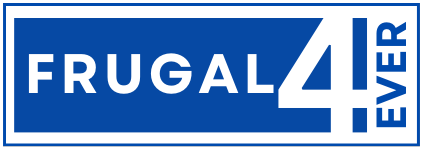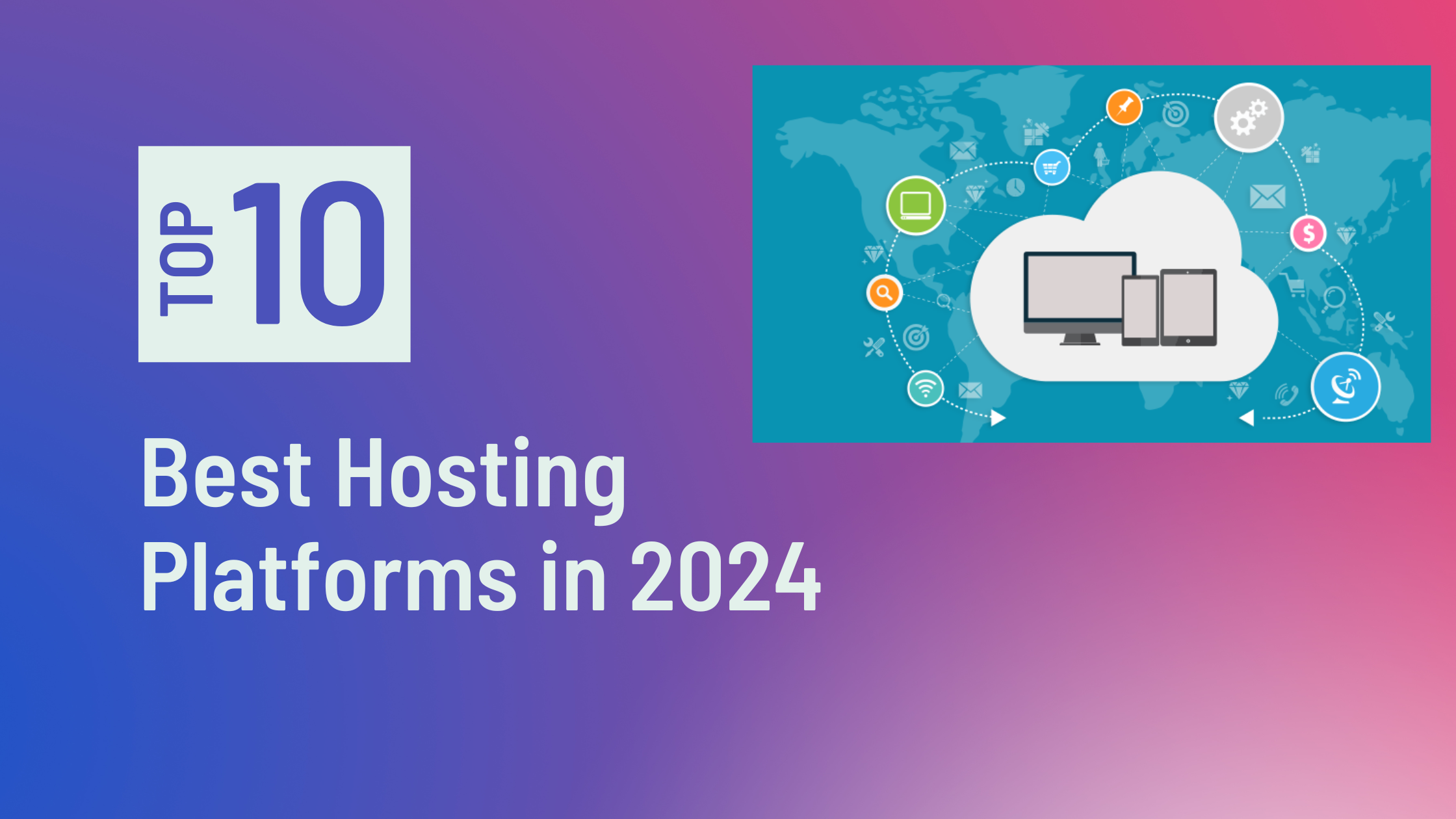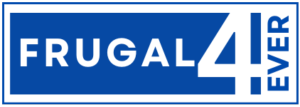When diving into the digital ocean of affiliate marketing, there's one compass that's absolutely essential to guide your way: Search Engine Optimization (SEO). In today's fast-paced, hyper-connected world, visibility is the key. Being on the first page of search engine results brings pride and excitement and significantly increases the chances of your content being seen and clicked on.

Let's digest a remarkable statistic to understand this better: Did you know that over 53% of website traffic comes from organic search? That's right! Over half of your potential audience is out there, typing away on their keyboards, searching for the content you have. This underscores the imperative for affiliate marketers like us to harness the robust potential of SEO truly.
In this enlightening journey, we'll embark on the core essentials of SEO tailored specifically for affiliate marketing. From the rudiments of keywords to the advanced strategies of backlink acquisition, we'll shed light on every nook and cranny to ensure your content isn't just floating in the vast sea of information but rather sailing smoothly and prominently. So, buckle up, and let's set sail!
Understanding the Basics of SEO
Let's start at the beginning. SEO, or Search Engine Optimization, is the art and science of optimizing your online content so that search engines, like Google or Bing, are more likely to show it as a top result when someone searches for a related keyword. Imagine it as the secret recipe that makes your online dish more appealing, enticing search engines to serve it to hungry web searchers.
But why, you may ask, is SEO so critical for affiliate marketing? Well, it's simple. The essence of affiliate marketing lies in promoting products or services and earning a commission for each sale made through your referral. If your content doesn't reach your audience, how will they know about these products or click on your affiliate links? SEO ensures that your affiliate content gets the visibility it deserves, making it easier for potential customers to find, read, and act upon it.
Now, onto the mechanics of search engines. In essence, search engines are like librarians for the internet. They sift through billions of pieces of content and evaluate countless factors to decide which content is most likely to answer your query. The primary aim? To provide users with the best and most relevant content. They use complex algorithms to rank content based on factors like quality, relevance, trustworthiness, and many others. Ensuring your content ticks these boxes through SEO is the golden ticket to the coveted top spots on search results.
Keyword Research: The Foundation of Your SEO Strategy

Have you ever wondered how certain articles or websites pop up when you type something specific into a search engine? The magic behind this is keywords. Targeting the right keywords is akin to fishing in the right part of the river – you're far more likely to get a bite!
Keywords are the terms or phrases that users type into search engines. By aligning your content with these terms, you increase the likelihood of your content appearing in relevant search results. Especially in affiliate marketing, where the goal is to drive traffic and generate sales through your links, targeting the right keywords can be the difference between success and obscurity.
Now, how do you find these treasured keywords? There are some fantastic tools out there, two of which are quite prominent:
- Google Keyword Planner: A free tool by Google, it offers insights into search volumes and competition for specific keywords. It's particularly useful to see seasonal trends and bid estimates for paid searches.
- Ubersuggest: Developed by the marketing guru Neil Patel, this tool provides a plethora of data, including keyword suggestions, difficulty scores, and even content ideas.

A quick tip: One secret ingredient for new blogs is to focus on long-tail keywords. These are longer, more specific keyword phrases that visitors are likely to use when they're closer to the point of purchase. For instance, rather than targeting “shoes,” you might aim for “women's red leather boots size 7.” While they might have lower search volumes, they often have less competition and a more targeted audience. And remember, they're gold for new blogs!
On-Page SEO Tactics for Affiliate Marketers

When it comes to SEO, it's not just about external factors like backlinks or domain authority. The heart of SEO lies within your content – it's all about the on-page factors. Think of it as grooming yourself; before you don any fancy attire, you need to ensure your basics are on point. Let's delve into some core on-page tactics tailored for affiliate marketers.
Crafting High-Quality, User-Centric Content
Content is king. This phrase has been echoed throughout the digital marketing world for good reason. Readers and search engines alike crave quality content that provides value. For affiliate marketers, this means creating content that promotes a product and educates, informs, or entertains the audience. It's about striking a balance between selling and providing genuine value.
Importance of Meta Titles and Descriptions
Meta titles and descriptions are your content's storefront. They give users a sneak peek into what your content holds. A captivating meta title can be the difference between a click and a pass. Meanwhile, a concise and intriguing meta-description can further entice readers. Search engines use these snippets to understand and rank your content, making them an essential component of on-page SEO.
Using Header Tags Properly (H1, H2, H3)
Headers are not just typographic designs; they play a vital role in SEO. An H1 tag should encapsulate the main theme of your content. H2s act as subheaders, breaking down the main topics. H3s can further dissect those topics into detailed points. Besides making content easily skimmable for readers, search engines use header tags to understand the structure and relevance of your content.
Internal Linking: Guide Your Reader and Search Engines Through Your Site
Think of internal linking as creating a web within your website. By linking one article to another relevant piece, you're keeping the reader engaged and encouraging them to explore more. For search engines, internal links help in understanding content hierarchy and distributing page authority. Especially for affiliate marketers, a smart internal linking strategy can guide readers to high-converting pages.
User Experience and Site Speed
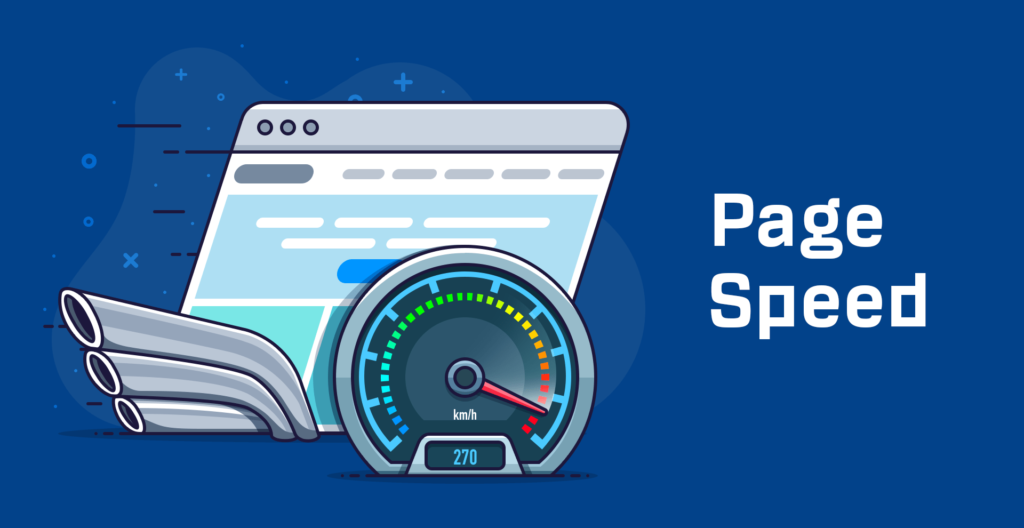
In today's fast-paced digital world, nobody likes to wait. Whether it's for a coffee, a bus, or especially a webpage to load. The need for speed is real! Google has indicated that site speed is a signal used by its algorithm to rank pages. That's right, a slow-loading page doesn't just test your visitors' patience—it can also affect your site's search ranking.
Tools to Test Your Site's Speed
How do you know if your site is up to speed? Luckily, there are tools that can help. One of the most renowned is Google PageSpeed Insights. It not only measures the speed of your site but also provides actionable recommendations to improve it. By following these tips, you can ensure a faster, more streamlined experience for your users.
The Growing Importance of Mobile Optimization
Raise your hand if you're reading this on a mobile device! The rise of smartphones has transformed how we consume online content. More and more users are accessing the internet through their mobile devices. This shift means a site optimized only for desktops won't cut it. Mobile optimization ensures your content looks and functions perfectly, regardless of the device used. From button sizes to responsive designs, ensuring your site is mobile-friendly is no longer optional—it's essential.
Backlinks: Building Authority in Your Niche
In the vast ocean of the internet, how do you stand out? How do you convince search engines that your site is a trusted authority? The answer lies in a powerful component of SEO: backlinks.
Understanding Backlinks
But first, what are backlinks? Simply put, a backlink is when one website links to another. It's like a vote of confidence in the digital realm. Search engines view these links as endorsements. If many reputable sites are linking to you, it indicates that your content is valuable and trustworthy, leading to higher rankings in search results. But remember, it's not just about quantity; the quality of the backlinks is crucial.
Techniques for Gaining Quality Backlinks
So, how does one acquire these golden tickets? Here are some techniques:
- Guest Posting: Contribute articles to reputable blogs or websites in your niche. In return, you often get a link back to your site.
- Forum Engagement: Engage in relevant forums or online communities. By providing value and building relationships, you can naturally earn backlinks.
- Collaborations and Interviews: Being featured or collaborating with influencers and industry experts can get you quality links.
A Word of Caution: Steering Clear of Black-Hat SEO
In the pursuit of backlinks, it's essential to play by the rules. Black-hat SEO techniques, such as buying links or using spammy tactics, might offer short-term gains but can lead to penalties from search engines. It's always best to focus on organic, ethical strategies to build your site's authority. After all, in the world of SEO, integrity and patience go a long way.
Affiliate Link Management
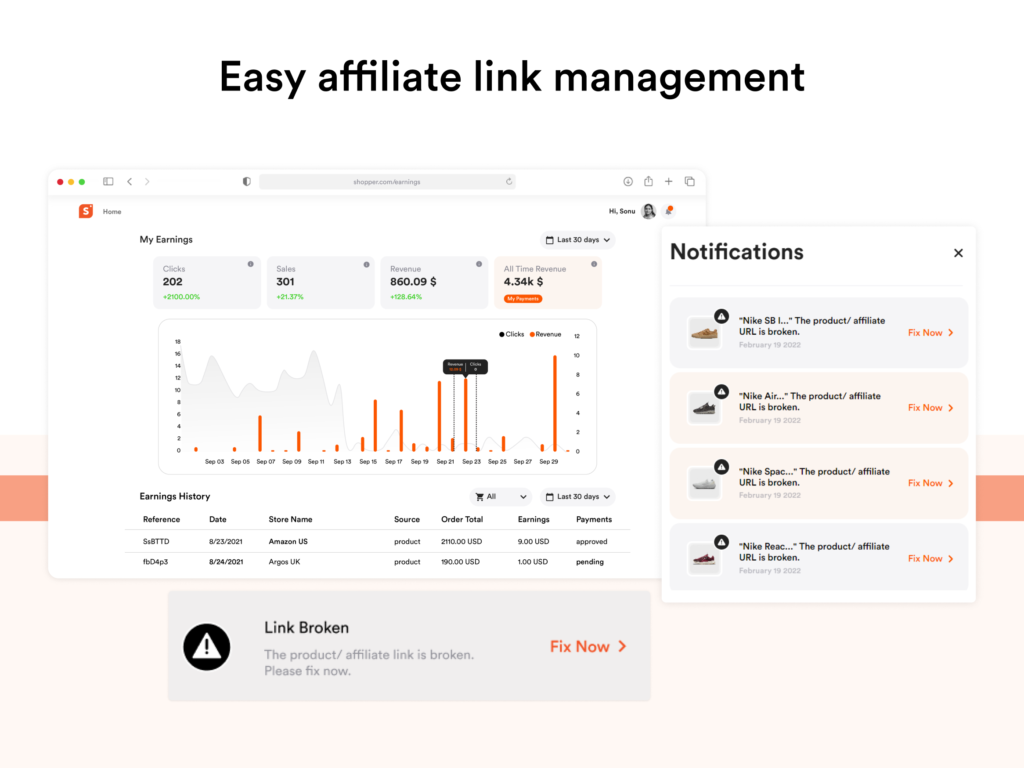
Dipping your toes into the world of affiliate marketing? Congratulations! However, alongside the excitement of potential passive income, there comes the responsibility of managing your affiliate links effectively. Why? Well, it’s all about maintaining your readers' trust and ensuring you're in the good books of search engines.
Using ‘nofollow' Tags for Affiliate Links
Every affiliate link you add to your content is essentially a vote of trust for that product or service. But, it’s important for search engines to understand the commercial nature of these links. Enter the ‘nofollow' tag. Adding this tag tells search engines not to pass SEO value (or “link juice”) to the linked page. It's a way of saying, “I vouch for this link, but it's an advertisement.” Using ‘nofollow' ensures you maintain transparency and SEO best practices.
Organizing and Cloaking Affiliate Links
Let's face it, affiliate links can sometimes be long, clunky, and not so pretty. Cloaking these links can give them a cleaner appearance, making them more user-friendly. One popular tool for this job is ThirstyAffiliates. It not only helps in cloaking but also in organizing your affiliate links, so you can easily manage and insert them into your posts. Plus, tools like these often provide insights into clicks, making your affiliate journey a tad bit smoother.
Monitoring Your SEO Performance
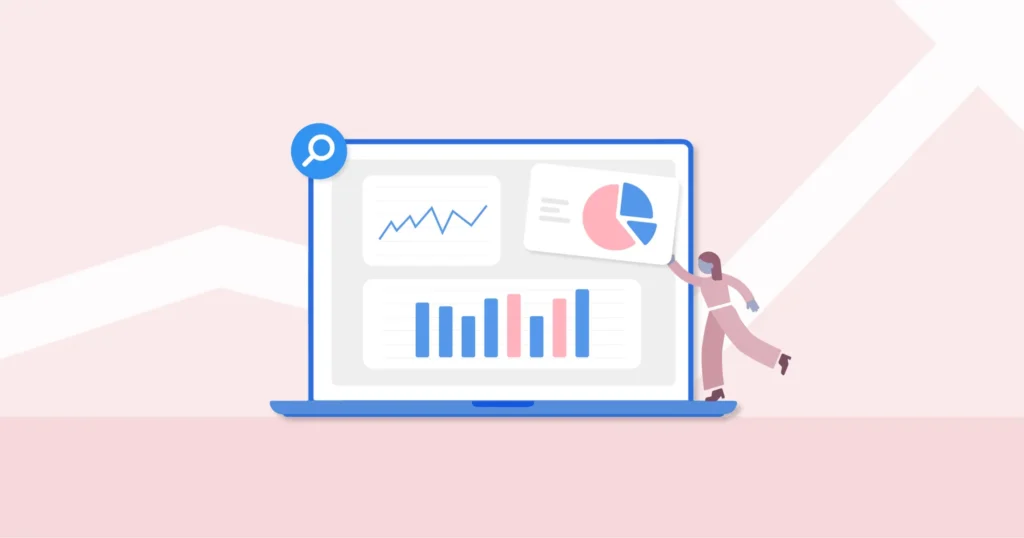
SEO isn't a one-and-done deal. It's an ongoing process that requires regular monitoring and tweaking. With the dynamic nature of search algorithms and user behavior, keeping a close eye on your SEO metrics ensures you remain on the right track.
Essential Tools for SEO Monitoring
Wondering where to start? Here are a couple of indispensable tools:
- Google Analytics: This is your window into understanding your users. Google Analytics offers a wealth of information, from how they find your site to what they do once they're there. Monitor organic search traffic, user behavior, and much more.
- Google Search Console: This tool focuses on the search aspect. How are your pages performing in search results? Which keywords are driving traffic? Search Console answers these and helps you identify areas of improvement.
Track Keyword Rankings and Pivot as Needed
Monitoring your keyword rankings is a pivotal part of SEO. Noticing a drop in rankings for specific terms? Maybe it's time to revamp that content or delve deeper into why it's not performing as expected. Similarly, doubling down on related content might be a smart strategy if a keyword starts to climb the ranks. The digital landscape is ever-changing, and adapting to these shifts ensures you're always ahead of the game.
In Conclusion
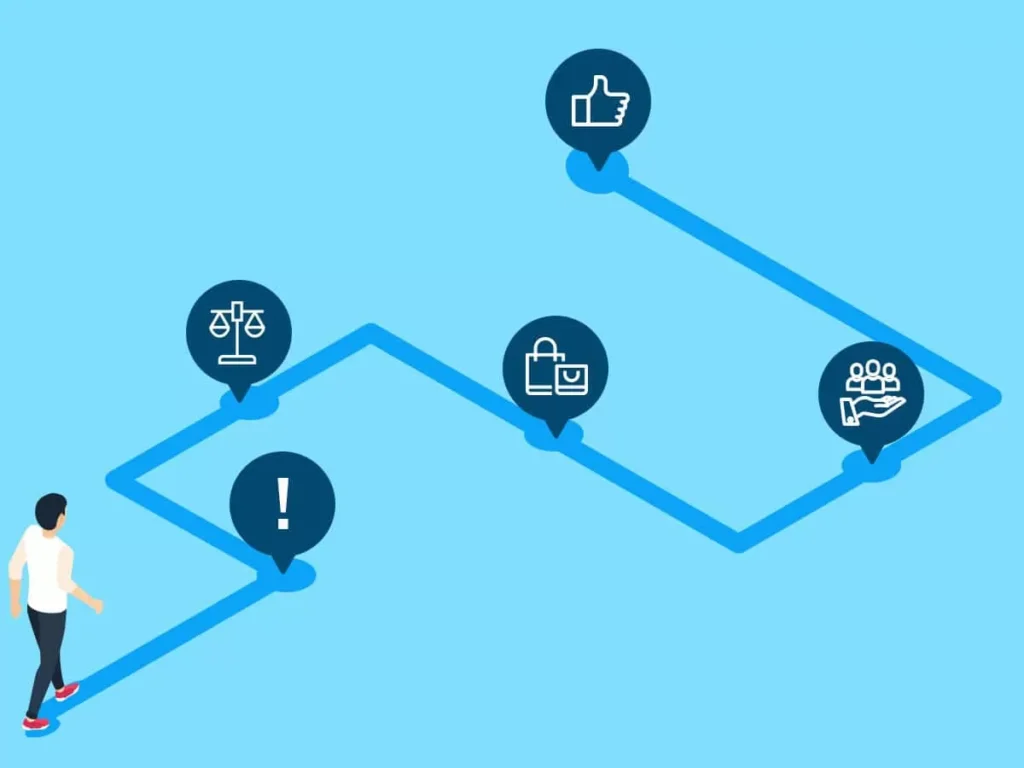
If there's one thing you take away from this article, let it be this: SEO is a marathon, not a sprint. It's easy to get caught up in the excitement of optimizing a few pages and then waiting eagerly for results. But in reality, SEO is an ongoing effort, a continuous learning, implementation, monitoring, and refining process.
The digital world is always evolving. Search algorithms change, user behaviors shift, and new competitors emerge. Staying on top means regularly updating your strategies and keeping an ear to the ground.
So, if you're feeling a tad overwhelmed, take a deep breath. Start with one strategy, implement it, and then move on to the next. And remember, SEO results might not be immediate, but when they do come, they’re long-lasting and absolutely worth the wait. Your dedication will pay off in increased visibility, more organic traffic, and ultimately, higher revenue from your online endeavors. The road ahead might be long, but with persistence and patience, success is just around the corner. Stay the course!
